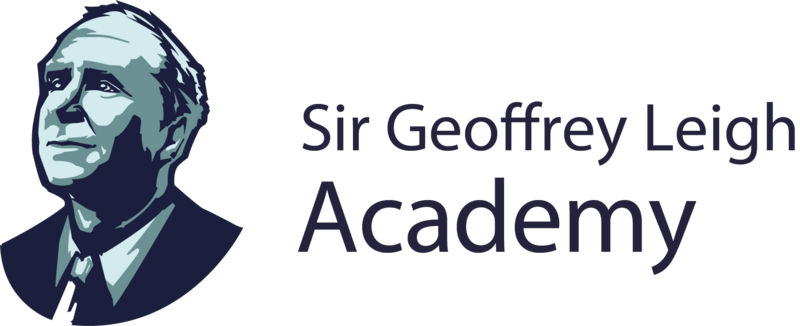
Course aims: • Develop international-mindedness through the study of languages, cultures, and ideas and issues of global significance. • Enable students to communicate in the language they have studied in a range of contexts and for a variety of purposes. • Encourage, through the study of texts and through social interaction, an awareness and appreciation of a variety of perspectives of people from diverse cultures. • Develop students’ understanding of the relationship between the languages and cultures with which they are familiar. • Develop students’ awareness of the importance of language in relation to other areas of knowledge. • Provide students, through language learning and the process of inquiry, with opportunities for intellectual engagement and the development of critical- and creative-thinking skills. • Provide students with a basis for further study, work and leisure through the use of an additional language. • Foster curiosity, creativity and a lifelong enjoyment of language learning. The curriculum is organized around five prescribed themes with which the students engage though written, audio, visual and audio-visual texts. Students develop into successful, effective communicators by considering the conceptual understandings of context, audience, purpose, meaning and variation. Communication is evidenced through receptive, productive and interactive skills
External Assessment: 75% Internal Assessment: 25%
About Education Provider
| Region | South East |
| Local Authority | Kent |
| Ofsted Rating | Good |
| Gender Type | Co-Educational |
| Address | Green Street Green Road, Dartford, DA1 1QE |
Course aims: • Develop international-mindedness through the study of languages, cultures, and ideas and issues of global significance. • Enable students to communicate in the language they have studied in a range of contexts and for a variety of purposes. • Encourage, through the study of texts and through social interaction, an awareness and appreciation of a variety of perspectives of people from diverse cultures. • Develop students’ understanding of the relationship between the languages and cultures with which they are familiar. • Develop students’ awareness of the importance of language in relation to other areas of knowledge. • Provide students, through language learning and the process of inquiry, with opportunities for intellectual engagement and the development of critical- and creative-thinking skills. • Provide students with a basis for further study, work and leisure through the use of an additional language. • Foster curiosity, creativity and a lifelong enjoyment of language learning. The curriculum is organized around five prescribed themes with which the students engage though written, audio, visual and audio-visual texts. Students develop into successful, effective communicators by considering the conceptual understandings of context, audience, purpose, meaning and variation. Communication is evidenced through receptive, productive and interactive skills
External Assessment: 75% Internal Assessment: 25%